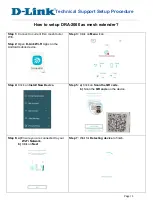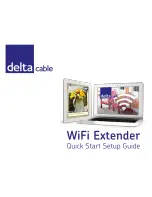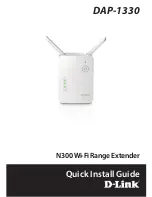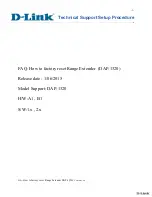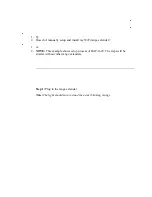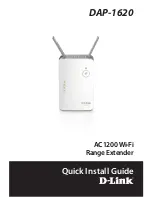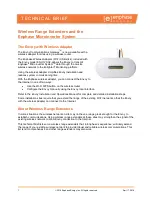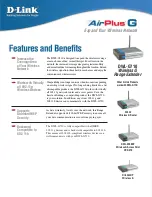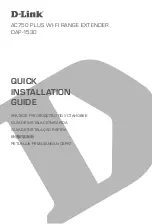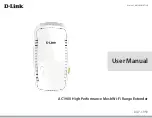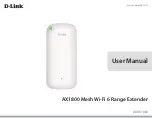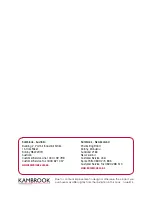
!
Before connecting the plug to the mains socket, make sure that the network parameters comply with the technical data. In the event of
damage to the cable, immediately disconnect it from the power outlet in a manner that is safe for the user. Do not use the device with a
damaged cable. The damaged cable must be replaced.
Every household is a user of electrical and electronic equipment and therefore a potential producer of hazardous waste to humans and
the environment from the presence of hazardous substances, mixtures and components in the equipment. On the other hand, waste
equipment is a valuable material, from which we can recover raw materials such as copper, tin, glass, iron and others. The symbol of a
crossed-out rubbish bin placed on the equipment, packaging or documents attached thereto indicates the necessity of separate collection
of waste electrical and electronic equipment. Products marked in this way, under penalty of a fine, may not be disposed of in ordinary
waste together with other waste. The marking also means that the equipment was placed on the market after the 13
th
August 2005. It is
the user’s responsibility to hand over the waste equipment to a designated collection point for proper treatment. Used equipment may
also be returned to the seller in case of purchase of a new product in a quantity not greater than the new purchased equipment of the
same type. Information about the available waste electrical equipment collection system can be found at the information point of the shop
and in the municipal office. Proper handling of waste equipment prevents negative consequences for the environment and human health!
Used batteries and/or accumulators should be treated as separate waste and placed in an individual container. Used batteries or
accumulators should be taken to a collection/receipt point for used batteries and accumulators. For information on collection/collection
points, contact your local authority or your local dealer. Used equipment may also be returned to the seller in case of purchase of a new
product in a quantity not greater than the new purchased equipment of the same type. The product is equipped with a portable battery.
Please refer to the following manual for instructions on how to install and remove batteries.
Declaration of conformity:
Orno-Logistic Sp. z o.o. declares that the OR-AE-13132 is compatible with Directive 2014/53/EU. The full text of the EU
declaration of conformity is available at the following Internet address: www.orno.pl
DESCRIPTION / INTENDED USE OF THE DEVICE
The extender, radio-controlled by means of the remote control unit, is designed to switch on and off up to five
electric appliances cordlessly and independently. Thanks to radio communication, the device can operate in open
area up to 30 m. It uses the frequency 433.92 MHz. Communication can use 5 separate channels and this allows
control of 5 separate appliances being in the compass of the remote control unit. The extender has 5 power
outlets with earthing and current circuit screens, the semi-automatic overload protection and the cord 3 m long.
MOUNTING
The range between units depends on the environmental conditions. Before installation, we recommend that you
test the device at a location of your choice to ensure that its range is not disturbed. The coverage can significantly
reduce: walls, ceilings, metal surfaces, same frequency devices, proximity to electric motors, transformers, power
supplies, computers, etc.
INSTALLATION OF A BATTERY IN THE
REMOTE CONTROL UNIT
EXTENDER INSTALLATION
Before use, make sure the battery is properly installed
in the remote control unit - if yes, the LED will light
during pressing the buttons on the remote control unit.
Connect the extender to the domestic mains system
equipped with earthing.
LOGGING OF AN ADDITIONAL REMOTE CONTROL UNIT
1. Connect the extender to the mains system 230V AC
2. Insert the battery A23 in the remote control unit while maintaining proper polarity or remove protection of
the battery.
3. Press and hold 1ON on the remote control unit for about 5 seconds until the LED on the extender is lit and
then release the button.
4. Once the logging operation is done, the remaining four buttons with suitable outlets will be programmed
automatically.
NOTE: One button on the remote control unit can programme only one socket.
METHOD OF OPERATION
Connect an appliance to be controlled to the outlet in the extender.
Press one of the ON buttons (1, 2, 3, 4, 5) on the left of remote control unit to switch on the socket logged in the given
channel. The suitable LED on the extender will light. Press the suitable OFF button on the right of the remote control
unit to switch off the socket logged in the given channel. The LED on the extender will go out
TECHNICAL DATA:
MAINTENANCE OF THE DEVICE
material: plastic
Maintenance should be carried out with power
disconnected.
Clean only with delicate and dry fabrics.
Do not use chemical cleaners.
Do not cover the product.
Ensure free access of air.
Protect the power cords against crushing, abrasion,
excessive bending and other activities that may
damage the insulation.
power supply: 230V~, 50 Hz
power consumption in standby mode: ≤ 0.5W
pilot power supply: 23A, 12VDC ( included)
frequency: 433,92 MHz
open field coverage: 30 m
number of sockets: 5
voltage/current: 230V~/10A
extension cord load: max. 2300W






